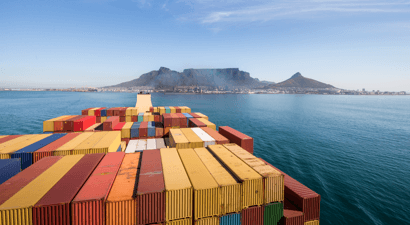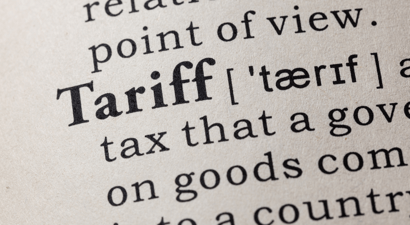Cross Border Movements: The delight or monster you choose to make it!
The movement of cargo across the borders of South Africa has always been closely monitored by the South African Revenue Service (“SARS”). This is even more so where the cargo in question is bonded and/or excisable. As of late, there has been an increase in the number of letters of Intent (“LOI”) and letters of demand (“LOD”) issued in relation to the movement of bonded and/or excisable cargo. It is therefore prudent, for one to ensure that their cross-border movements of cargo are in line with the provisions of the Customs and Excise Act 91 of the 1964 (“the Act”) and its corresponding rules.
There are several contraventions and/or scenarios which keep reoccurring in relation to the movement of cross border cargo, namely:
- The failure to ensure that the bills of entry are correctly completed with the customs code of the remover of goods in bond clearly reflected;
- the failure to include the details of both the remover of goods in bond and their subcontractor on the road manifest (DA187);
- the cargo being removed by a transporter who is not licensed as a remover of goods in bond;
- the failure to obtain the requisite acquittal documents within 30 days from the date the goods were entered for export;
- the submission of false and/or duplicate acquittal documents; and
- allowing another entity to make use of your custom code e.g. your remover code.
These contraventions and scenarios relate primarily to section 18, 18A, 60 and 64D of the Act. When engaging in a cross-border movement of bonded and/or excisable cargo, the relevant parties (i.e., clearing agent, customs and excise warehouse licensee, importer/exporter, and remover of goods in bond) at each stage of the process, must ensure that they do not fall foul of any these provisions. The failure to ensure compliance with the provisions of the Act can lead to serious financial and criminal sanctions, for example, the imposition of, penalties, forfeiture, and the institution of criminal proceedings. It is not only the responsible party which faces such sanctions, but also others within the value chain by virtue of their liability having not ceased or by the application of section 44A of the Act relating to joint and severally liability.
For parties engaged in such activities to safeguard themselves from possible action by SARS for contraventions of the Act, they need to ensure that:
- They do their due diligence on the entities they enter into a business relationship with;
- they do not allow the use of their customs code by other parties under any circumstances;
- they are mindful about who they sublease their vehicles too;
- that both they and their business partners have the correct registrations and licenses are in place;
- the customs documentation is correctly completed with the remover codes clearly reflected thereon; and
- they have strict policies in place to ensure the timely receipt of all acquittal documents.
One keyway in which innocent parties can safeguard themselves is through their standard operating terms and conditions (“STC”) and/or agreements between themselves and those they enter into business with. In terms these STC and/or agreements, innocent parties can limit their liability by, making provision for the right to claim any monies paid over to SARS from the guilty party or in the alternative, one could always call a friend such as Shepstone & Wylie to advise on such movements prior to implementation.





